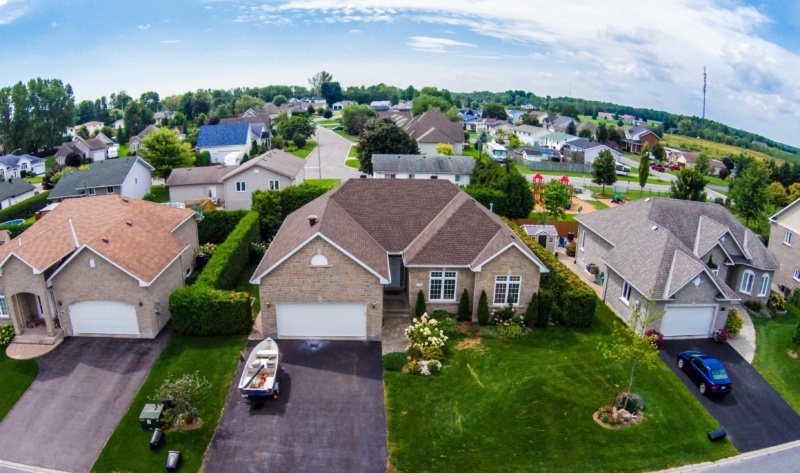Real estate development inheritance costs heirs money. This reader expected a windfall and is wondering how to turn a money-losing situation into something that’s at least breakeven.
Q: My husband inherited a private development in West Virginia that his father owned. How does one go about starting a homeowners’ association (HOA) for something like that? The lots were sold without any agreement about an HOA. All the extra costs like roads and sewer and snow removal have been covered privately, thus making this a non-profitable venture.
Real Estate Development Inheritance Costs Heirs Money
A: We’d suggest you start by reviewing your father-in-law’s files on the development. It seems highly unusual for a land developer to forget to set up a mechanism to have common expenses in a development paid and distribute responsibility for costs to all of the residents.
When you review his files, we hope you’d find a document that should have been recorded on each property that your father-in-law sold. That document would have the name of the development and may also be labeled as the covenants, conditions and restrictions for the development, or could also have the name of an association.
If you don’t have access to the files, you might then have to do a little research on the properties that your family still owns and the properties that your grandfather sold. We can only hope that the properties you are dealing with are in a county that has created an online electronic system. If they have, you’ll be able to research the properties and obtain copies of the recorded documents for all the properties sold.
We hope that your father-in-law set up the legal system for an association or other mechanisms for collecting fees for common expenses. It’s possible that he set the documentation up but never went through with notifying the owners of how and when they were supposed to pay for common area expenses. If you find the right documents and they are in place, you should be able to follow the documents to set up the mechanism for collecting fees and expenses.
What If There Is No Record?
On the other hand, if your father-in-law never recorded anything on how to collect these costs, you may be in some trouble. Homeowners may not be required to pay fees if the title to their properties don’t require them to do it. You won’t have a method to set it up and you won’t have a method to enforce the collection of money.
You can go around to all the owners in the development and have them consent to an association and then record that document against all the properties. For this, you probably will need the help of a real estate attorney to guide you with the documentation and then the recording of the documents.
Your last resort is hoping that everyone in the development will work with you in good faith and pay their fair share of the expenses. You may not be obligated to make repairs and pay for expenses that won’t be reimbursed to you. If people don’t want to pay, you may not have to provide the services.
But, it’s a double-edged sword. You want the development to succeed, but you need the money for those expenses. If people don’t want to pay and you don’t provide the services for repairs and other items, the development will deteriorate. In any case, we’d really suggest you talk to a real estate attorney near where your development is located to help you out.
Ilyce Glink is the author of many books on real estate, including the fourth edition of 100 Questions Every First-Time Home Buyer Should Ask. She is the CEO of Best Money Moves, an app that employers provide to employees to measure and dial down financial stress. Samuel J. Tamkin is a Chicago-based real estate attorney whose website is SamTamkin.com.
More on Topics Related to Real Estate Development Inheritance
Tax Implications of Quit Claim Deed: Better to Inherit Property
Is Property Sold in a Trust Taxable?
Will Adding Child to Title Increase Property Taxes?
Inheriting an Upside Down House
Inheriting Timeshares: How to Avoid an Inherited Timeshare







Leave A Comment